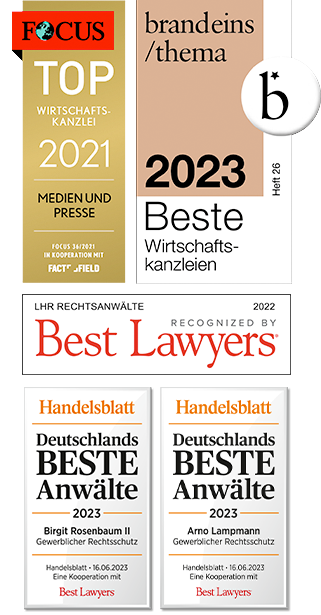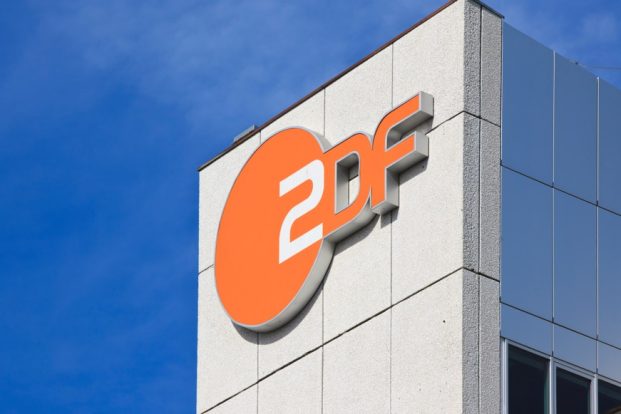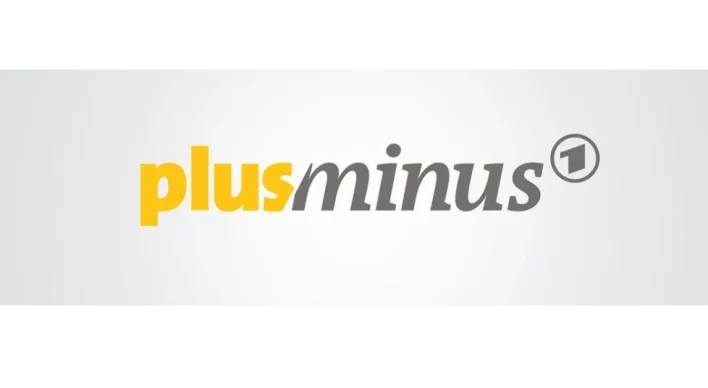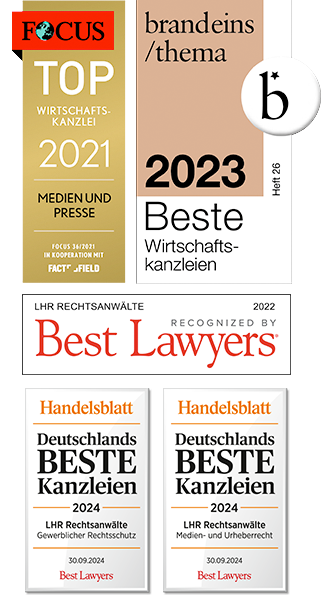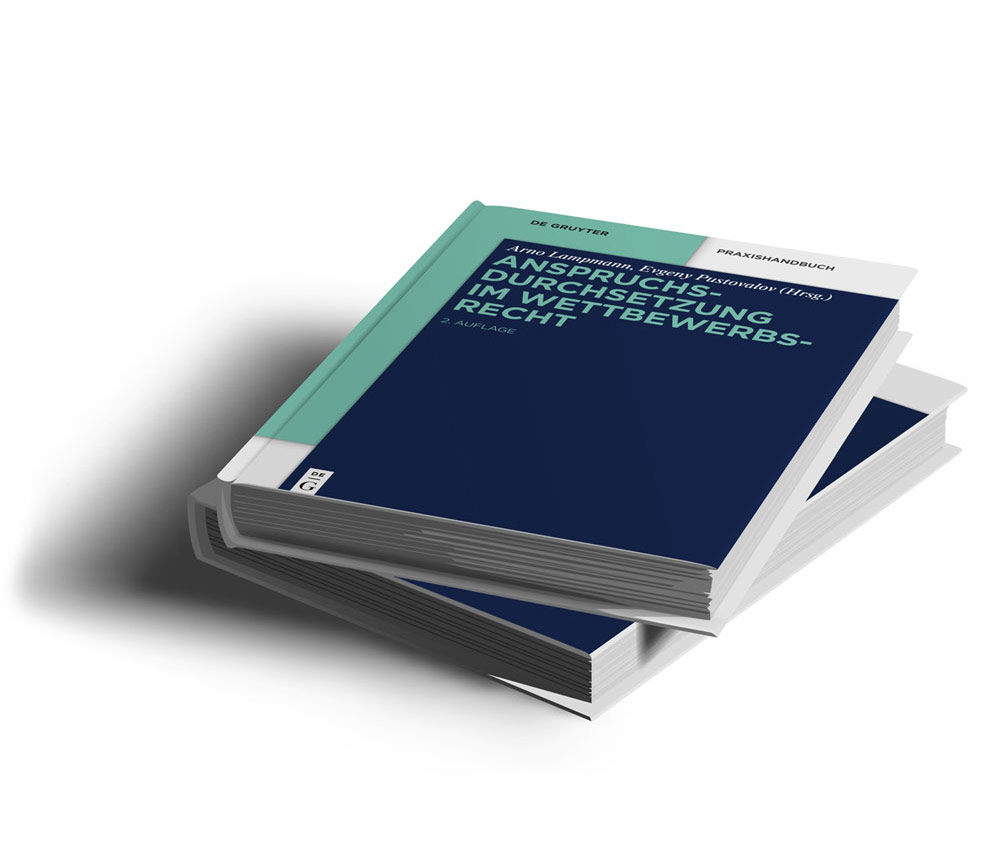Munich Higher Regional Court issues preliminary injunction against Google for reference to LumenDatabase.org
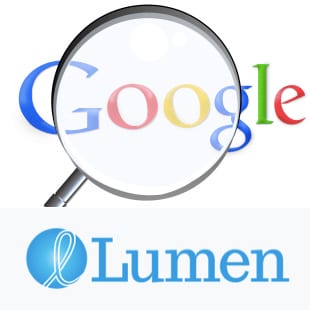
The Senate has thus for the first time prohibited Google Inc. from directing users to an already deleted search result in the ‘LumenDatabase’ database via a reference at the bottom of the search results page (OLG München, Beschluss v. 7.6.2017, Az. 18 W 826/17).
In the event of an infringement, those responsible are liable to a fine of up to € 250,000.00 or imprisonment.
The court has set a value in dispute of € 50,000.00. The decision is not final and can be challenged by way of an appeal. In addition, Google could force the applicant to bring an action on the merits.
‘Lumen’ – a dubious project from Harvard University
The background to the decision is Google’s legally questionable business policy. According to this policy, illegal Google search results are no longer made available – directly – via Google, but can still be accessed via a service called ‘Lumen’ using the following notice. This appears below the remaining search results when the search combination in question is entered:

After clicking on the link, the searcher is taken to ‘Lumen’ – a project of the ‘Berkman Klein Center for Internet & Society’, Harvard University. Further information about the cancellation request can be found there. In some cases, this leads to the absurd situation that Google removes a search result from its site, but at the same time ensures that it is still accessible there – one click away – by linking to ‘Lumen’.
Google deleted the link, but it was still visible on Lumen
In the case at hand, the applicant had to fight for the removal of a search result from the index before the Regional Court of Munich I after Google had initially refused to comply with the request out of court. Although Google later removed the result, it displayed a notice of the type shown above. Interested searchers were thus still able to see the link that had been removed by Google on the LumenDatabase.org website.
Scurrilous transparency efforts
Google responded to the reference to this grievance with one of its famous and notorious text modules – detached from the individual case – and emphasised the principle of transparency, which it feels obliged to uphold towards its users. In addition, if the publication on Lumen was perceived as disturbing, the original request to Google for removal could simply be cancelled. The reference to Lumen would then also disappear again. However, Google will of course display the infringing content again:
“We understand your concerns. However, transparency towards our users is a top priority for Google, which is why we also inform users about content removed from our search results. This transparency requirement also includes sending removal requests to Lumen. You can find more information on this at http://googleblog.blogspot.com/2012/03/our-approach-to-free-expression-and.html. Certain personal data such as your telephone number and e-mail address will be deleted from the messages before they are published online.
If we show a search results page from which content has been removed, we will inform search users of the removal action and provide a link to the notice that was published on Lumen’s website. If you no longer wish to be referenced in Google search results, you can withdraw your original notice. In this case, we have the option of reinstating the content previously removed from our results pages and informing Lumen of your decision to withdraw the report.”
Munich Higher Regional Court issues interim injunction without oral hearing, with reasons
Understandably, the applicant did not want to accept this almost Kafkaesque situation. She therefore applied for a temporary injunction before the Munich I Regional Court.
After the Munich I Regional Court had rejected the application for a temporary injunction, the Munich Higher Regional Court issued the temporary injunction following an immediate appeal, not only without delay but also with detailed reasons.
Das Oberlandesgericht stimmte der Klägerin zu, dass deutsches Recht anwendbar sei, dass das Suchergebnis bzw. das „Snippet“ zusammen mit der verlinkten Website eine unwahre und rufschädigende Tatsachenbehauptung enthalte und dass Google wegen der Verletzung seiner Prüfungspflicht auch für die weitere Erreichbarkeit des Links auf www.lumendatabase.org hafte, jedenfalls als mittelbarer Störer.
With regard to the details of the decision and its motives, we refer to the careful reasoning of the Munich Higher Regional Court, to which nothing needs to be added.
Conclusion:
It is to be hoped that Google will take the decision as an opportunity not only to assume responsibility for the search results listed on its site, but also to refrain from perpetuating the infringement by referring to third-party websites on which the link remains visible.
Disclosure: Our law firm represented the applicant.
